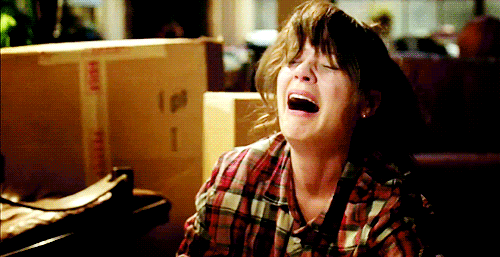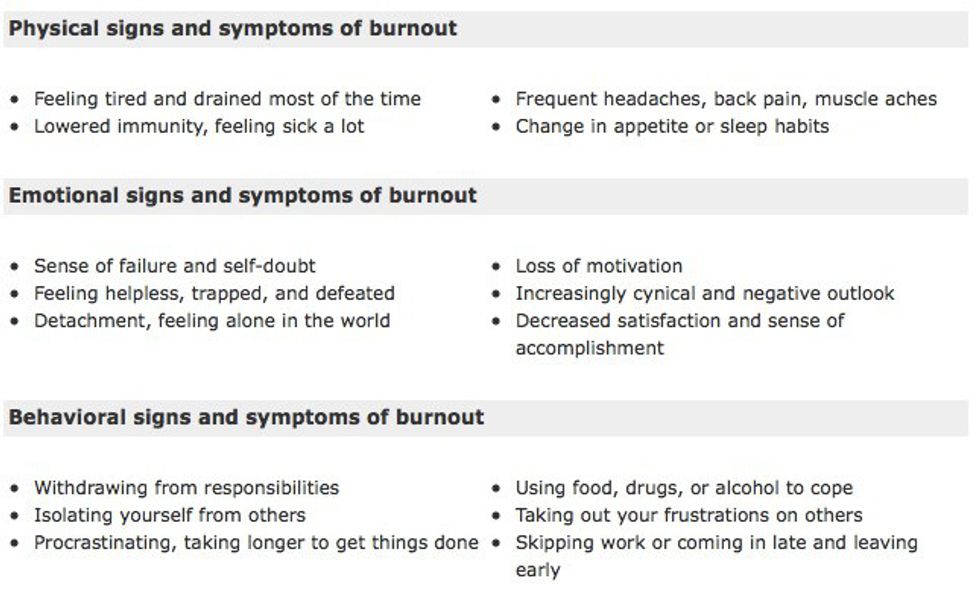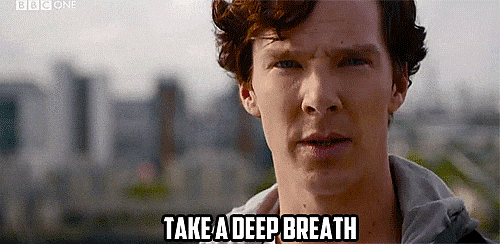It may sound like a word a lazy teenager came up with to make excuses for not doing homework, but mental exhaustion is a real condition that affects many teens and young adults. A lot of people consider the constant state of feeling tired and overwhelmed as just being "stressed" but there may be more going on than just being stressed.
Mental exhaustion, also known as burnout, is caused by excessive and prolonged stress that can lead to feelings of being overwhelmed. According to Help Guide, "If constant stress has you feeling disillusioned, helpless, and completely worn out, you may be suffering from burnout. When you’re burned out, problems seem insurmountable, everything looks bleak, and it’s difficult to muster up the energy to care—let alone do something about your situation."
This is a common problem for college students or adults with very demanding jobs and if left untreated this mental health condition could start to affect a person's daily behavior. There are several symptoms that can be signs of Burnout as shown in the chart below, but there are also several ways to treat this condition.
Treatment processes can vary for everyone based on personalities and availability of free time but the most important thing is to take some time for yourself and do something that relaxes you. For some individuals this means going for a swim, riding a bicycle, hanging out with friends, watching your favorite movie, etc. It doesn't have to be anything very time consuming or costly, just something you enjoy that lets your mind be lazy for a little while.
Another huge step someone suffering from mental exhaustion can take to help themselves recover is to cut down on the technology use. The Huffington Post has reported that heavy technology use causes a lot of health problems, especially in young adults. So try turning your phone off for a few hours and keeping that laptop on the desk while you go out and do something else.
Now that you've started some of the most important steps of recovering from mental exhaustion try nourishing your creative side by doing something hands on such as painting for the fun of it or completing an arts and craft project you found on Pinterest.
Making changes in your diet and exercise routine have also been known to be great ways to recover and prevent mental exhaustion. If you're not the type of person who enjoys physical exercise there are a multitude of mental exercise videos online, including meditation, that relieve stress and calm nerves. (Take a look at one of my favorite ones posted below.)
Then lastly and possibly most effective for treating mental exhaustion is to get support from those around you. Talk to someone about your stress and how it makes you feel. Ask your loved ones for their opinion on whatever stress you're facing and see if anyone is willing to offer a lending hand. Often times just talking your problems out with someone is a huge relief in itself.
Dealing with any sort of mental health issue can be tough but in the end it's important to get a lot of rest and wake each day with a clean slate knowing that as the sun rises, there is another opportunity for a better day and for more healing to happen.

























